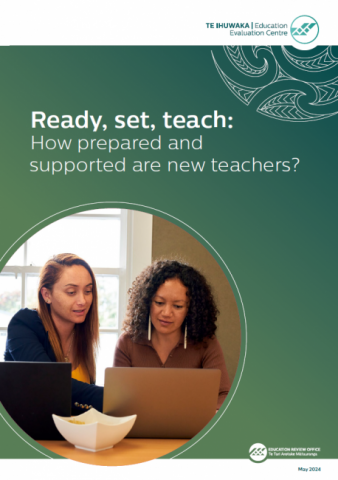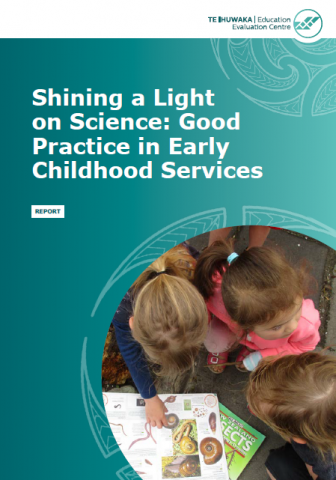Your child's education
Published: 14 Mar 2014
These booklets have been written for everyone who parents a child - those who have care and responsibility for children attending a school. The booklets include questions you can ask, as well as general information that you may find useful. Click on the booklet to read and download.
Your child's education is an overview of education in New Zealand, from early childhood education through to secondary school. The information and questions are a useful insight into what education looks like in New Zealand and the opportunities available to your child.
- Audience:
- Early learning
- Parents
- Schools
- Content type:
- Research
- Topics:
- Parents
- Aiga
- Māori parents and whanau
- Early Childhood Education (ECE)
- Primary
- Intermediate
- Secondary
- Alternative education (AE)
- Kaupapa Māori
- Kōhanga Reo
- Ngā puna kōhungahunga
- Ngā Whanaketanga Rumaki Māori
- State schools
- Integrated schools
- Kindergartens
- Education and care services
- Home-based education
- Playcentres
- Playgroups
- Guides for parents





